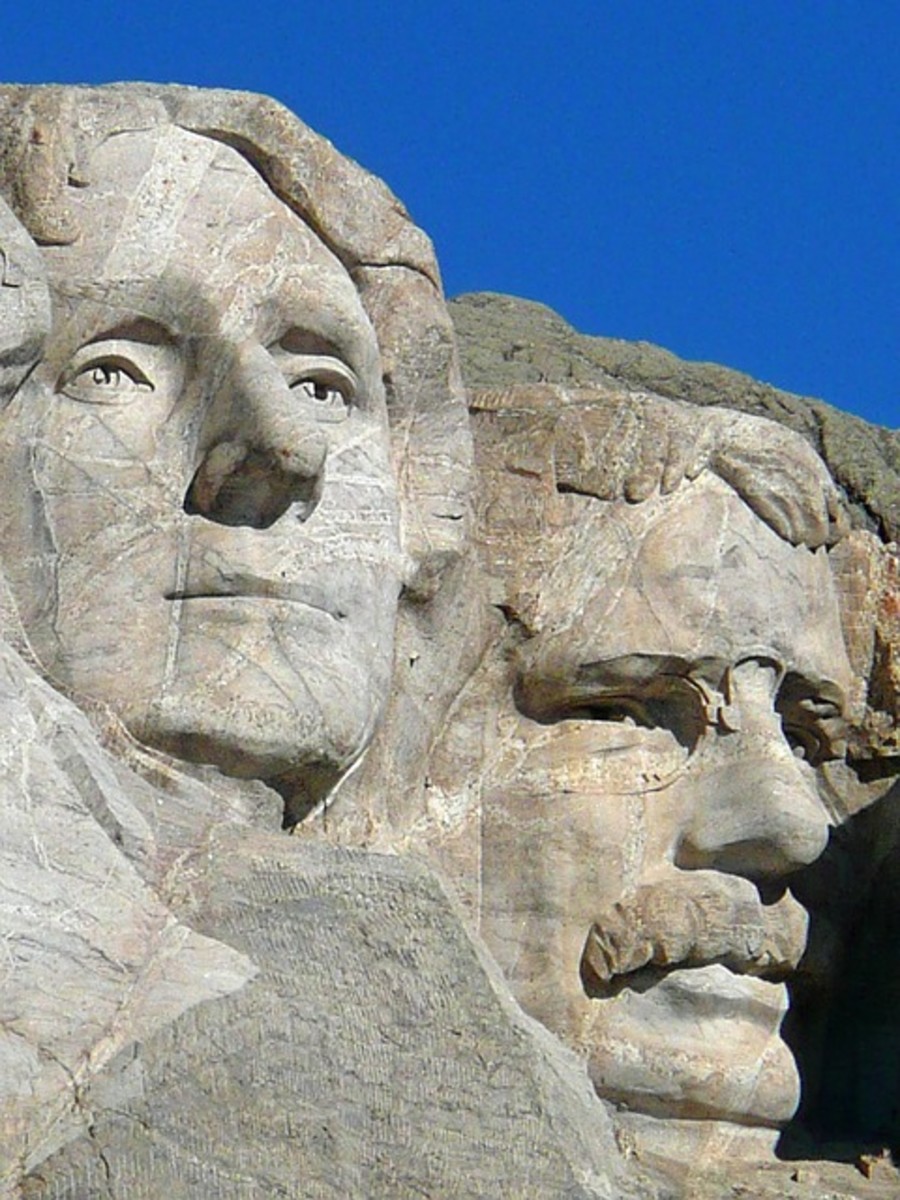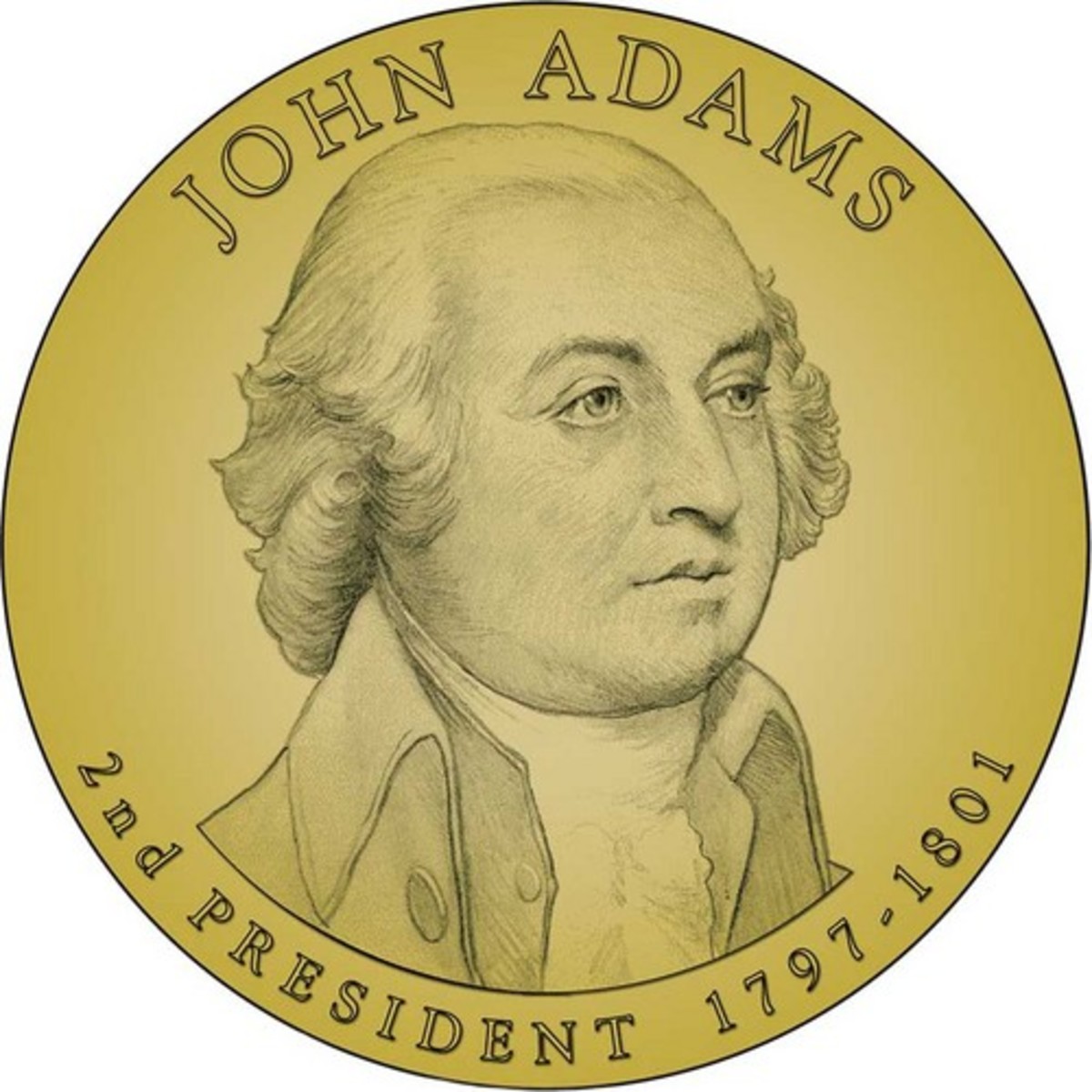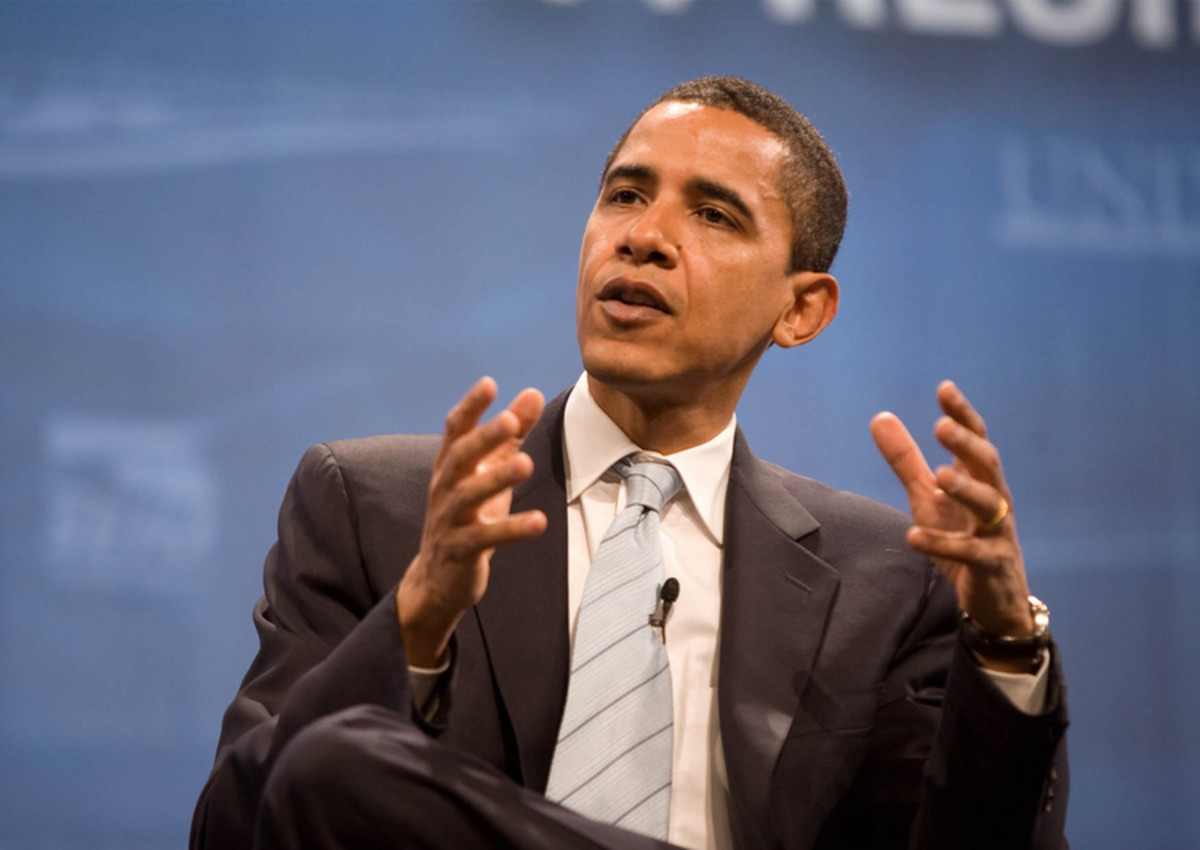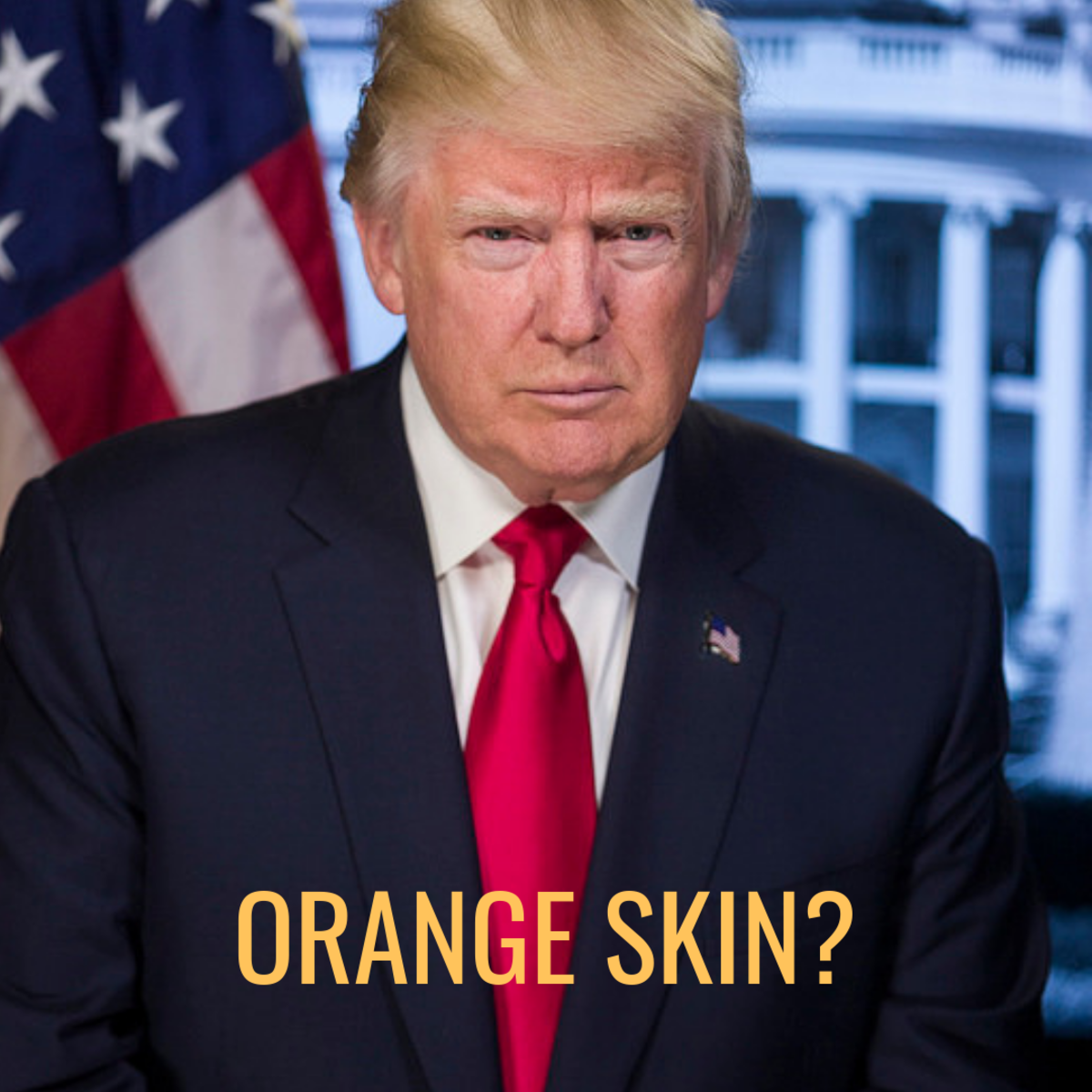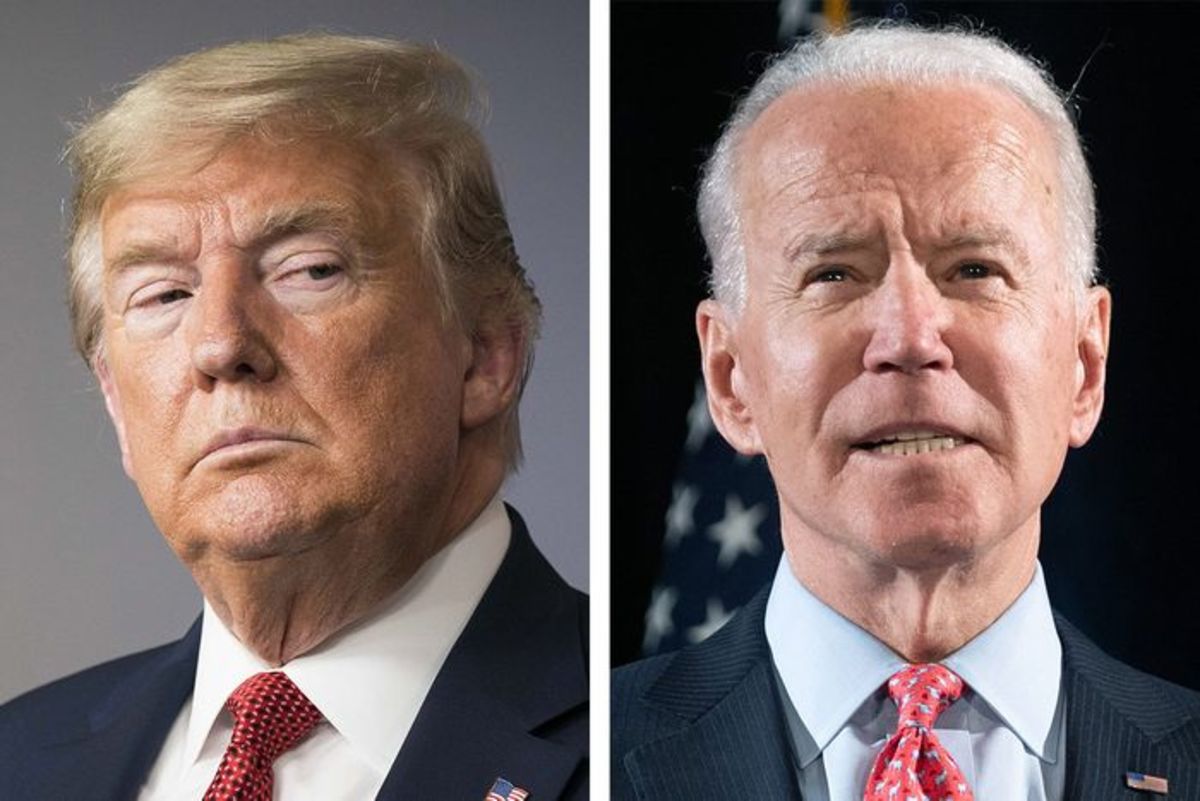American President John Adams
Want to Know About Other American Presidents?
Take a look at our American Presidents List!
Introduction to John Adams
The future American President John Adams was born on October 30th 1735 in Massachusetts. He is one of the most important figures in American history and was instrumental in creating many of the ideals for the future United States of America. He Passed away on July 4th 1826, the same day as his friend, and once political enemy, Thomas Jefferson.
John Adams was one of the original members of the Continental Congress, and served two terms as George Washington's Vice President from 1789 to 1797. After George Washington refused a third term in the Presidential office.
While even John Adams himself admitted that he was not quiet Presidential material, he was steadfast in following George Washington's principals which has helped form the nation. The left him at odds with the more politically savvy Jeffersonians, and under attack from hsi own party led by Alexander Hamilton.
John Adams
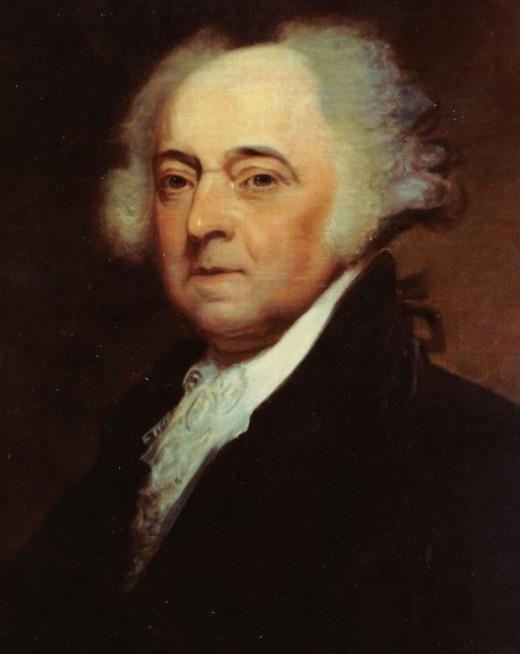
Facts about American President John Adam
When was John Adams Born?
John Adams was Born October 30th 1735.
When did John Adams Die?
John Adams Died on July 4th 1826.
When was John Adams President?
John Adams was President from 1797 to 1801.
How did John Adams Die?
John Adams died naturally on the same day as Thomas Jefferson.
Early Life of American President John Adams
John Adams was born in to a small and modest family descended from Puritans who came with the early colonials to America. This upbringing made John Adams one of the more strictly religious founding fathers.
John Adams was educated at Harvard College, with a view to becoming a minister. However soon after leaving college he decided that a career as a lawyer would be more suitable.
John Adams married Abigail Smith on the 25th of October 1764, and bore three living Children, Thomas Boylston, Charles, Susanna, Abigail, and the future American President John Quincy Adams.
John Adams career as a lawyer and his political principals often conflicted with his religious contentiousness. Some believe that this internal conflict is why he struggled to contend with more decisive politicians such as Thomas Jefferson.
John Adams name first came to prominence on his opposition of the Stamp Act of 1765, and later in 1770 when he was called to defend a group of soldiers in the Boston Massacre who fired in to a crowd of people.
After this he was soon appointed to the Massachusetts General Court.
In 1772 future American President John Adams showed his first real ambitions towards the independence of his state, when the Governor and his Judges stated that they would receive payment from British Parliament, rather than the state. This struck a nerve with John Adams, who's Puritan family had escaped from English religious persecution. He claimed that the only British control should come from the sovereignty itself, and that intervention by parliament would surely lead to a revolt towards independence.
John Adams was sent to both the first and the second itterations of the Continental Congress as the Massachusetts representative. His devout views and belief in the values of protecting his own state made him an ideal candidate.
From his first appearance in the first Continental Congress in 1774 and the Second Continental Congress from 1775 to 1777 his aim was to create a union within the colonies.
During this time John Adams nominated George Washington as Commander-in-Chief of the Continental Army which was destined to be the army which fought for American independence.
John Adams influence was far reaching, as he stated that each forming state should write it's own constitution. However so many state leaders requested his advice on similar matters that he drafted a large pamphlet titled 'Thoughts on Government' in 1776. This book strongly recommended Republican values is one of the most influential documents in US history, since it defined the basic structure of the laws in several states, and defined how they would evolve.
On June 7th 1776 John Adams gave his approval on the Resolution of Independence which had been drafted by Richard Henry Lee. This document stated in general that the Colonies of America were free and independant states.
To complete this John Adams was appointed to a newly formed committee with the founding fathers, Thomas Jefferson, Benjamin Franklin, Robert R Livingston and Roger Sherman. These men were responsible for forming the draft of the Decleration of Independence.
Thomas Jefferson was primarily responsible for drafting the Decleration of Independence. However it was john Adams who championed the Declaration of Independence to Congress, and he used his inumerable skills gained in his law career to defend it from a huge multitude of oppositions which it encountered.
When the Continental Army was defeated at Long Isalnd in 1776, John Adams and Thomas Jefferson were sent as delegates to a meeting with British General William Howe. On September 11th 1776 The Continental Congress representatives rejected Howes demands that the Declaration of Independance be withdrawn.
As the hostilities between Britain and the colonial states escalated, John Adams resigned form his position on the Massachusetts Superior Court, and joined several important committees which would grow to form the United States Government, including the Board of War and Ordinance.
In 1777 and 1779 John Adams was sent to Europe as a delegation in which he took his eldest son John Quincy Adams. The first trip was in most part a waste of time, However in the second trip with which he dealt directly with the British, rather than through French middle ground, John Adams secured a favourable treaty which granted extensive fishing rights to the American people.
It is an interesting fact that neither John Adams, nor his wife, ever owned any slaves.
John Adams spent two terms as the Vice President to George Washington. Despite this Washington rarely asked John Adams for his opinion on matters of state. Despite George Washingtons preference for the title 'Mr President' John Adams consistently lobbied for more suitable titles, from 'His Majesty the President' to 'His High Mightiness'
America President John Adams
John Adams was the United States President from 1797 to 1801, and he was chosen ahead of Thomas Jefferson quite simply because he was second in command, and he was from the north. Although both Jeffersonian parties and Hamilton's party (Who had put John Adams as their candidate) promoted heavily, and the electoral vote came out at 71 to 68 votes for Adams. This narrow margin, and small number of votes shows how there was little true democracy here.
Despite his importance in the creation of the united states John Adams seemed to loose interest when the affair became a political game. He seemingly ignored many matters of state which his internal and external opponents devoured. He retained the cabinet controlled by Hamilton, which many people feel was a mistake, however it did maintain an image of prosperity and stability to the American people.
One thing that John Adams did attempt to pursue was George Washington's desire for neutrality, he specifically tried to keep America out of the great war between France and Britain during that time.
This was not at all easy, since his cabinet favoured Britain, and the Jeffersonians favoured the French. However in 1798 the Quasi-War broke out, an unofficial naval war between the French and the Americans. The Jeffersonians disappointment of this event was further pounded in to humiliation, as the French asked for huge bribes simply to hold a meeting with the American diplomats.
As the danger of French invasion mounted John Adams was forced to re-instate George Washington to head his armies, as well as reform a large portion of the army. He also commissioned that 6 frigates be built to contend with the power of the French naval force. This caused the American people to suffer from a sharp spike in taxes.
In a surprise move by the American President John Adams he sent diplomat William Vans Murray to France on a mission of peace, hoping to end the unofficial war. Napoleon agreed that the war was doing neither country any good, and ended the naval war which had harassed the growing American nation.
Also in 1978 John Adams passed a highly controversial series of laws, or 'acts'. These included
- The Naturalization Act - Which extended the amount of time a person could be resident before applying for citizenship to 14 years, this may have been because immigrants were more likely to oppose for the democratic republicans, not the Federalist part to which John Adams was aligned.
- The Alien Act which allowed the president to deport anyone he felt was dangerous to the peace or safety of America.
- The Alien Enemies Act which authorised the President to deport anyone with whom was a citizen of a country America was at war with (still active today).
- The Sedation Act which allowed anyone who published false, scandalous, and malicous writing against the American Government or it's officials. This act was given an expiration date ending the day before John Adam's term ended.
Despite the fact that John Adams neither wrote nor promoted these acts, he did sign them. The opposing party saw this as a power move which restricted free speach, and was designed to keep a single party in power.
While these laws were rerely used, in some cases they were even applied to people who criticized the federalist regime in Congress. This event caused many immigrants to return home.
During the time that John Adams resided over the Presidency, one of the biggest downfalls for his party was the raising of the army.
While American President John Adams wanted some democrat republican leaders among the commanding officers, Hamilton ignored the request. The new army also raised a huge amount of fear among the people, and a new property tax intended to pay for the mobilization of this army sparked a huge backlash of public resentment, and ever riots such as Fries Rebellion.
The Presidential election was a close call, and despite the weakened position of John Adams position he ended up losing 65 votes against 73. The vote in 1800 was between Charles Pinckney, Thomas Jefferson and John Adams, however both John Adams and Charles Pinckney represented the federalists. Hamilton tried his best to sabotage John Adams campaign in the hope that Pinckney would be elected.
However with the Alien and Sedation acts, riots caused by heavy taxation, and a united front from the republican-democrat party, the American President John Adams was doomed to see this as his first, last, and only term in office.
Before John Adams left the Presidential role he became the first American President to occupy the President's Mansion, which would later become known as the White House.
American President John Adams
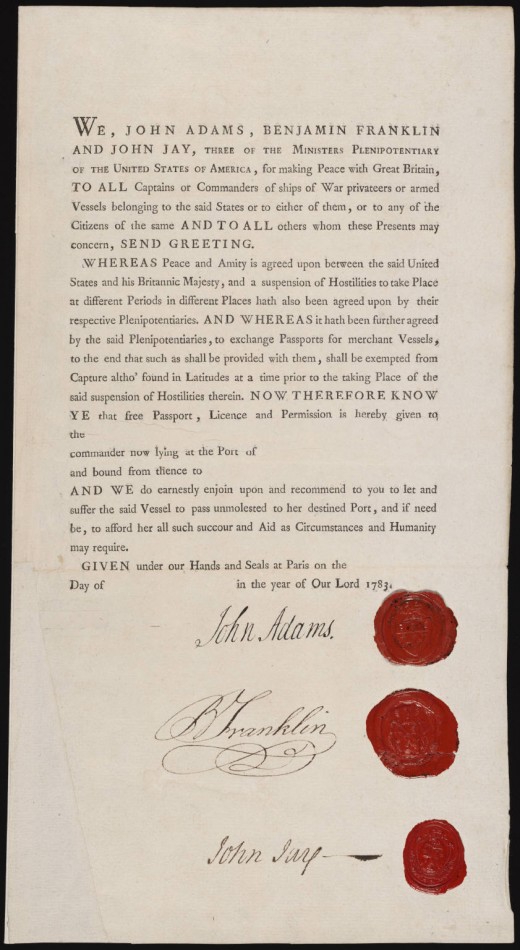
Retirement of American President John Adams
The ex American President John Adams sunk in to a deep depression after his defeat in the election. Though he did not attend Thomas Jefferson's inauguration research has shown that it was due to the death of his son Charles Adams, rather than resentment towards Jefferson's success.
After he left Washington John Adams continued his farming business near Quincy. For several years he kept a low profile, with only a few letters between old friends being made public from that time.
After 1809 and Jefferson's retirement John Adams became a little more vocal, and began to defend against many of the smear campaigns that Hamilton had organised against him during his Presidential career. Hamilton could not defend these claims since he had died in an infamous duel in 1804.
In 1812 John Adams finally reconciled his past friendship with the now retired American President Thomas Jefferson. A mutual friend with whom John Adams corresponded, Benjamin Rush, convinced the two to rekindle their (platonic) relationship.
Over 14 years and 158 letters the correspondence between these two great men gave a huge amount of insight in to how these men lived, and how they thought. It delved in to the world of politics, and the role of being an American President.
American President John Adams died on the fourth of July 1826, before he died he made two famous quotes. The first was when he was told that it was the fourth, to which he responded "It is a Great Day, It is a Good Day".
The second quote has been contested, only the words 'Thomas Jefferson' were truly legible. The majority believe the last word was 'Survives'. Even though Thomas Jefferson himself died that very same day, and a few hours earlier.. A few people have talked about how the mumble might have been, he died. The family however has always maintained that the word following 'Thomas Jefferson' was wholly intelligible.


